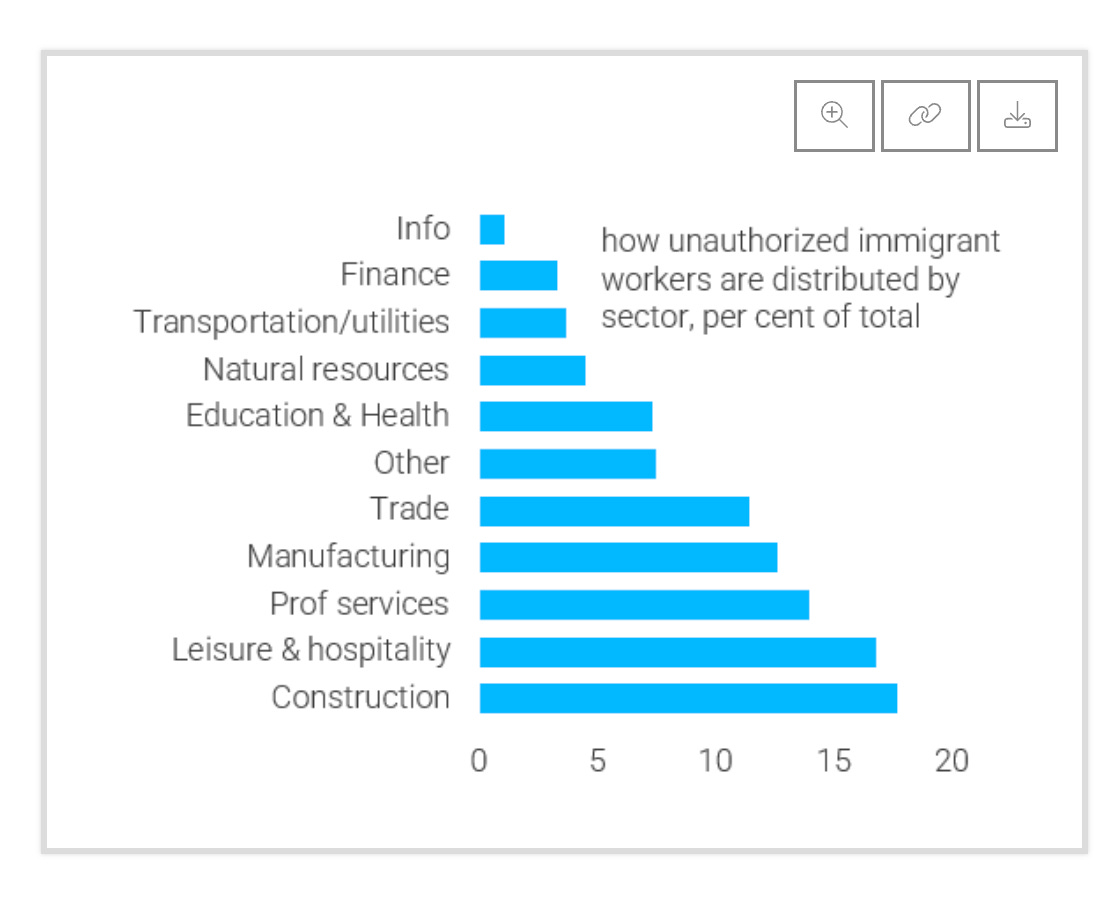https://www.nytimes.com/interactive/2025/03/04/opinion/covid-impact-five-years-later.html
YOYOCHEY
3.21.2025
2.24.2025
Hawk
Hawk symbolizes observation and receiving messages. It teaches one to observe their surroundings closely for signs and opportunities. If Hawk appears, it may be bringing a message to help overcome difficulties or notice new opportunities by viewing one's life from a higher perspective. If in reverse, it means one's emotions are clouding their vision and they need to regain neutral observation to understand messages without bias. Hawk encourages paying close attention to life's signals and trusting in life's messages.
2.10.2025
2.02.2025
Pome
Speaking all the time,
I get the sense that there is no outside,
Drawing the line between myself and others,
I retract all statements,
Weathering the criticism of veritable morons,
I mourn the dead.
1.30.2025
1.08.2025
12.27.2024
12.22.2024
Sitting here in the car line
Sitting here in the car line I contemplate the drops of rain coming down my windshield, the car is on in front of me, taillights red, the flickering light of a windshield wiper crossing my view. The cars are lined up 60 deep waiting for their children. SUVs And Subaru wagons and every car you can imagine. Children run out in the rain. Cars zip pass. The sky is gray and I just had a cup of coffee. A Monday afternoon in Durham. I think about this precious resource being burned in all these cars as they idle waiting their turn. A car that has been loaded with child wants to make a left-hand turn but there’s no room. The snake of cars is blocking it until the chain opens up, it’ll have to wait there. The line is getting into its own way, ouroboros style. And so we idle and wait.
12.18.2024
12.06.2024
11.16.2024
11.14.2024
11.06.2024
RIP Neil, Richard
In the span of a few days, I learned about the deaths of two acquaintances (one hopes they considered me a friend, but was never sure), Richard Watts (d. 11/29/23), and Neil Becker (d. 9/11/24). Richard I had known since 2004, and Neil since 2012. You might call them "old souls", but each was singular, strong, tall, cranky/curmudgeonly, smokers, and of similar age. Kind of giants in their own way -- they loomed over you, skin ashy from decades of smoking. In another life, they might have been cousins. Richard maintained a highly curated antique shop called Oddities and Such, smoked cigarettes in front with the furniture put out for sale, often in his rocking chair, which while adult-size, looked too small for his lanky frame, and drank 2-liters of diet cola and ate moon pies and oatmeal pies for his meals (he had lived with his mother until she passed five years ago). Neil owned a Volvo mechanic shop named Becker Auto. Both had definite opinions about things (Neil's shop was posted with a lot of hand-written Dos and Don't like the rules at Kenny Shopsin's: "No outside car parts for cars after 1974!"), and a lot of chutzpah (Richard knew I was Jewish and would lecture me antisemitically about Israel). Richard loved to talk, and Neil was pretty terse and skeptical, peering down at you through his square glass frames. Richard died suddenly in his sleep of a heart attack at age 70, and Neil of a short (2.5 month), but devastating bout of cancer that started in his lungs and moved to his spine. Both worked their craft until shortly before they died (Neil was still working in June), with little or no time outside of the shop.
How does one make sense of such a thing? Were they owed something more, some deeper purpose, a vacation even, or is it fitting to go out doing the thing that was one's life's work? Did they get everything they wanted? Did they know that they were loved, and is it just me that is still searching for answers since I was never able to say goodbye?
His brother Tommy said Richard was buried in Westwood cemetery. I remember his playing his old timey tunes, his lisp/stutter, so incongruous on such a big man, which made him strangely childlike. His brother Tommy, who also kept an antique business on site, and still does, was quieter, and his merchandise more conventional, although he too had some interesting pieces. Tommy and I talked about Richard’s folk art and how some of it now went for thousands.
Mr Hunter's Grave (obit essay as reminiscence)
11.01.2024
10.18.2024
Avebury Henge
9.24.2024
RIP Fred Jameson
“It seems to be easier for us today to imagine the thoroughgoing deterioration of the earth and of nature than the breakdown of late capitalism,” he wrote in “The Seeds of Time” (1994). “Perhaps that is due to some weakness in our imaginations.”
https://www.nytimes.com/2024/09/23/books/fredric-jameson-dead.html



